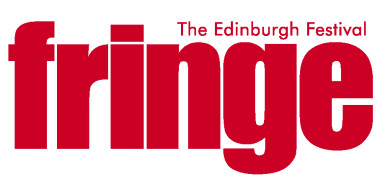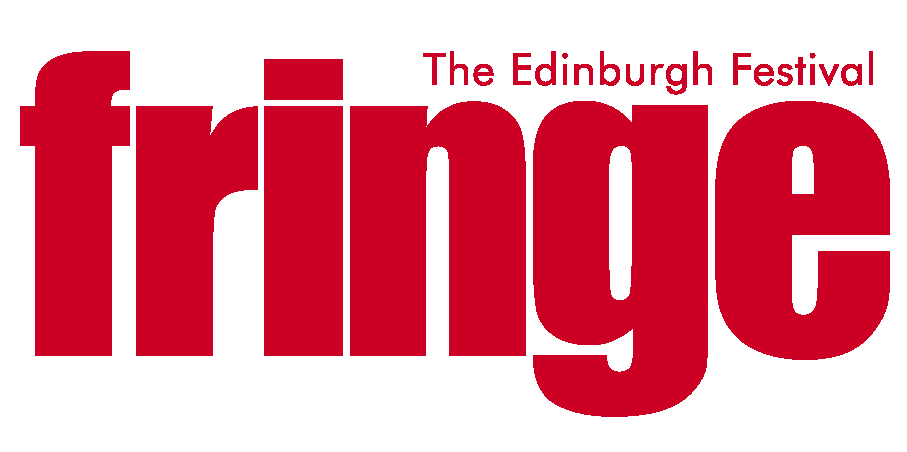
 United Kingdom Edinburgh Festival Fringe 2017 [1] – Bach, B Minor Mass: Ludus Baroque, Canongate Kirk, 3.8.2017. (SRT)
United Kingdom Edinburgh Festival Fringe 2017 [1] – Bach, B Minor Mass: Ludus Baroque, Canongate Kirk, 3.8.2017. (SRT)
August again and, as regularly as the turn of the seasons, the world’s biggest arts jamboree begins once again amid, it must be noted, a more obvious security presence than previously. It’s an indication of the turbulent times we live in, and a reminder of the Edinburgh Festival’s original purpose. Seventy years ago, from the ashes of the Second World War, it was founded to provide reconciliation and to provide a platform for “the flowering of the human spirit.” And so what better way to start my festival reviews this year than by tapping back into the universal genius of Bach? Times will change, empires rise and fall, but Bach remains.
If Bach is a constant, then so too are the performances of Ludus Baroque. This ensemble exists only twice a year: once in the festival to perform the B Minor Mass, and once in December to do the Christmas Oratorio. They’re organised and led by Richard Neville-Towle, Canongate Kirk’s Director of Music, but if they have aspects of a scratch band then they’re certainly not amateurs. In the ranks of the orchestra I regularly recognise members of professional ensembles like the Scottish Chamber Orchestra, and they use many singers who have come through the conservatoires and have since hit the big time; such as tonight’s two tenors, Ed Lyon and Andrew Staples, both of whom are in demand internationally, but who return, one assumes, out of love of the project and loyalty to their colleagues.
I’ve seen Ludus do the B Minor Mass lots of times, but I don’t remember the ensemble being so small previously. The orchestra contained twenty-four players, including timps and organ, and there were sixteen in the choir, most of which doubled up as soloists. At first I was a little concerned that the sound was too small for the church, but either I got used to it or they grew into it, because after a few moments I stopped noticing.
What I did notice was how beautifully rounded the sound was, particularly from the orchestra of period instrumentalists, who sounded so well blended that they gave the impression they had been rehearsing together for months. The string tone in particular was (surprisingly) rich and mellow, while the winds provided fantastic obbligati, including a stupendous solo horn in the Quoniam. Equally impressive was Neville-Towle’s command of the structure. He has been doing this regularly for twenty years now, so he knows what he’s about, but I was struck for the first time by his grasp of the narrative arc, particularly in the Credo, with its turn towards the dark in the spidery Et incarnatus est, reaching its bleak nadir in the Crucifixus, before bursting up triumphantly in Et resurrexit and reaching its climax in Et expect resurrectionem. It was a thrilling journey, punctuated with buoyant brass and timps and the climaxes.
The singers blended brilliantly, too, subverting their soloistic instincts for the choruses, but performing with flair when their moment in the spotlight came. I haven’t always been a fan of Ed Lyon’s voice in the past, but he sang his arias with great control and sensitivity, and was well contrasted with Andrew Staples’ more nasal tone for the Benedictus. The darkly inflected voice of Anna Dennis stood out among the sopranos, and I loved the smoky drama of Katie Bray’s take on the Agnus Dei, as well as the assertive bluster of Alex Ashworth’s bass in Et in Spiritum.
This performance wouldn’t have been out of place if it had been up the road in the Usher Hall as part of the International Festival, and it’s a mark of Edinburgh’s riches at this time of year that you can hear such great work at a low cost in venues all over the city. 2017 marks seventy years since the festival first exploded into being, and I, for one, can’t wait for the celebrations to begin.
Simon Thompson
For more about the 2017 EFF click here.
